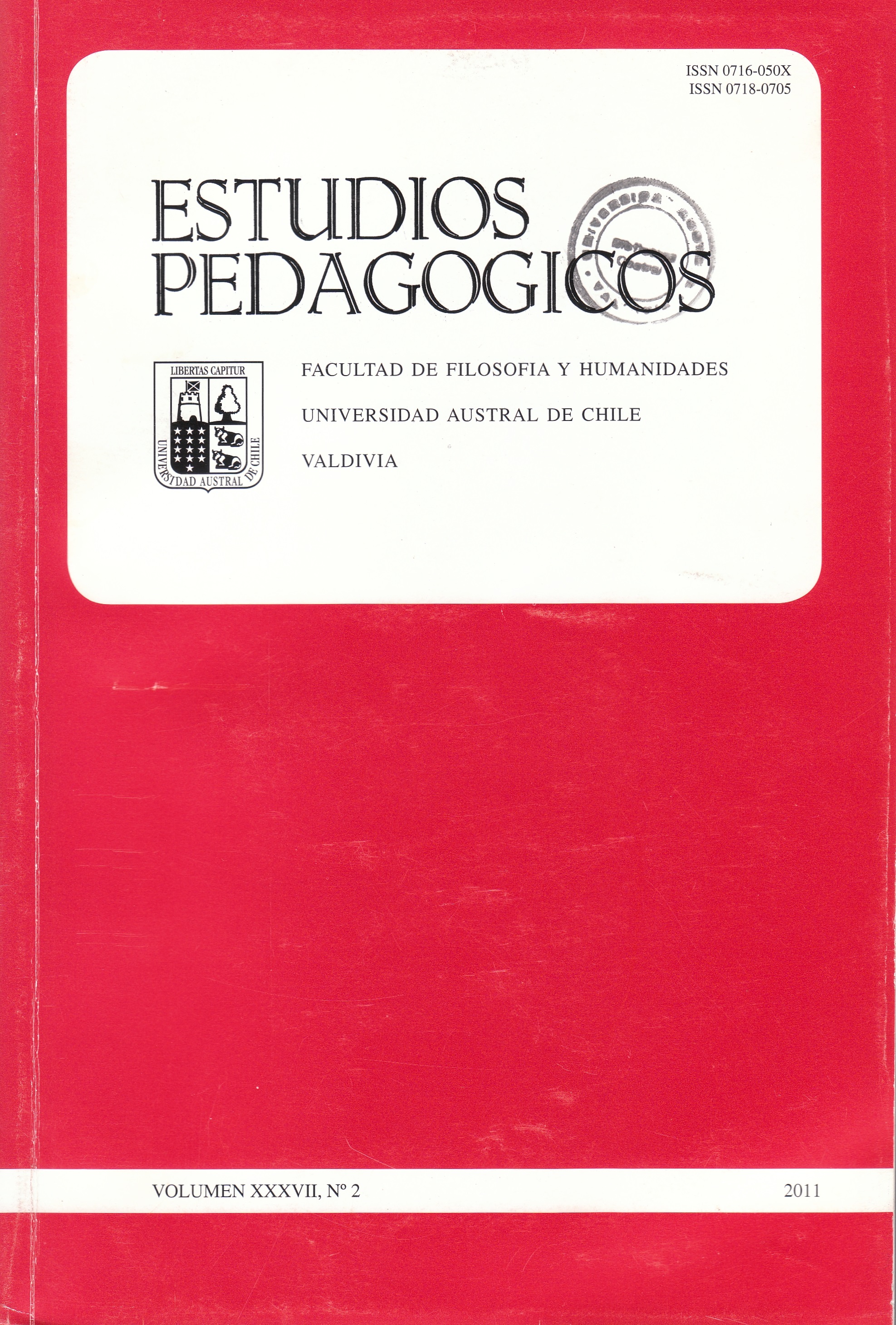School and social stratification in Chile: what is the role of “municipalización” and the subsidized private education in the reproduction of social inequalities?
Main Article Content
Abstract
Using data from the survey EMSC 2001, the paper presents an empirical analysis of the impact of “municipalización” and the distinction between public and particular-subsidized (PS) schools into the future occupational achievement of individuals. The results seem concomitant with previous research which shows that PS schooling does not provide better pedagogic results than its counterpart once the students’ social origins are controlled, and further provide evidence for the effect of segregating students into different modalities of schooling into greater reproduction of social inequalities trough other indirect mechanisms. These mechanisms, I propose, should be tracked back to the segregation of networks and social capital, the differentiation as well of expectatives, and the establishment of distinct symbolic credentials which are recognized as such in the labor market. The PS schools, without really contributing to educational outputs, do generate greater inequelities of educational and occupational opportunities.

